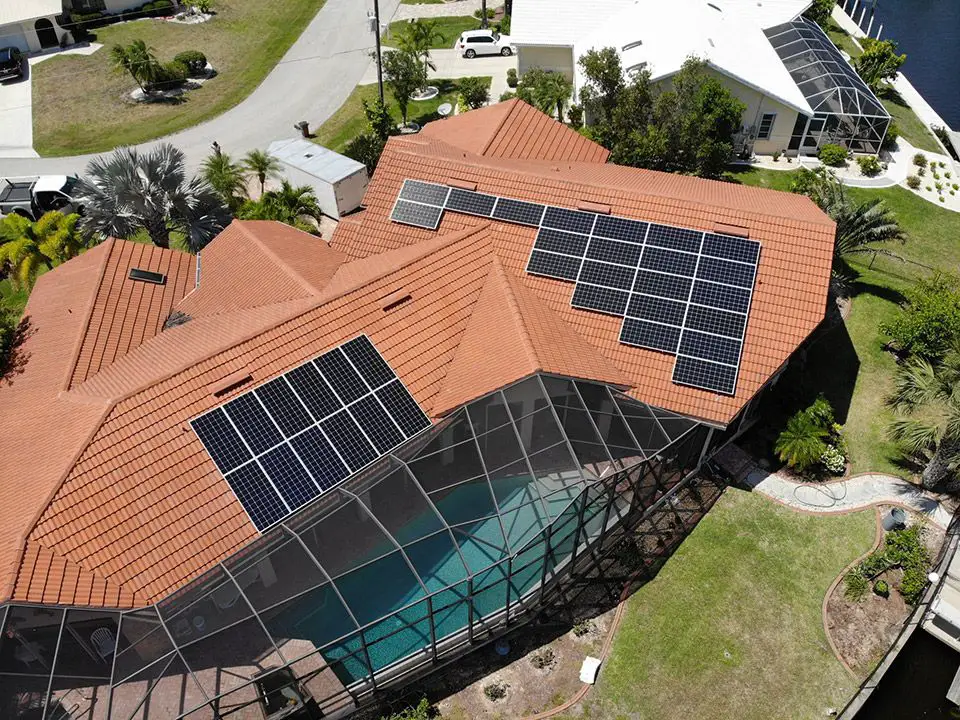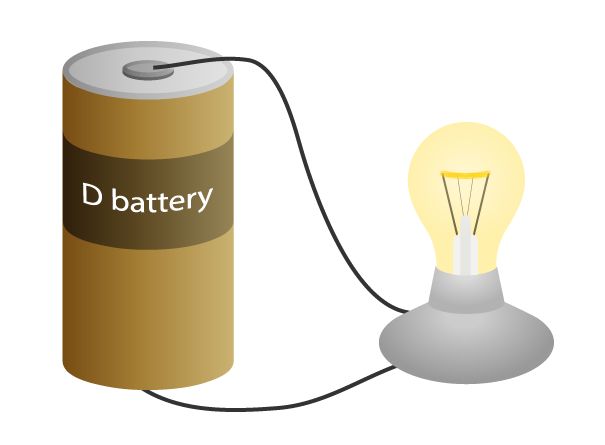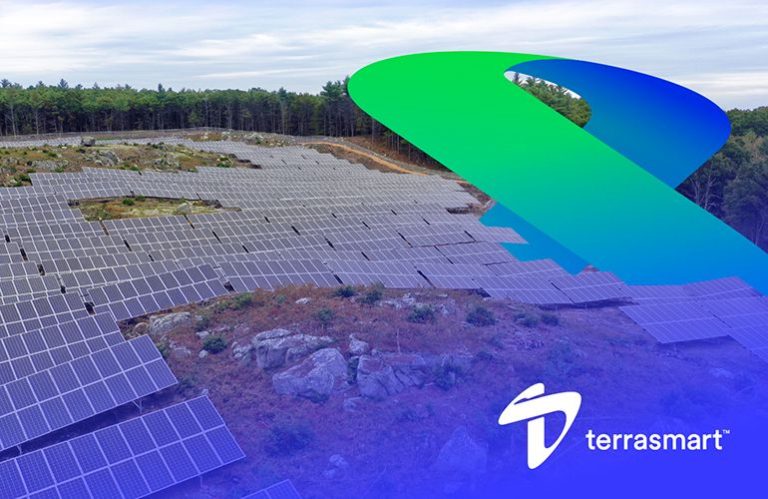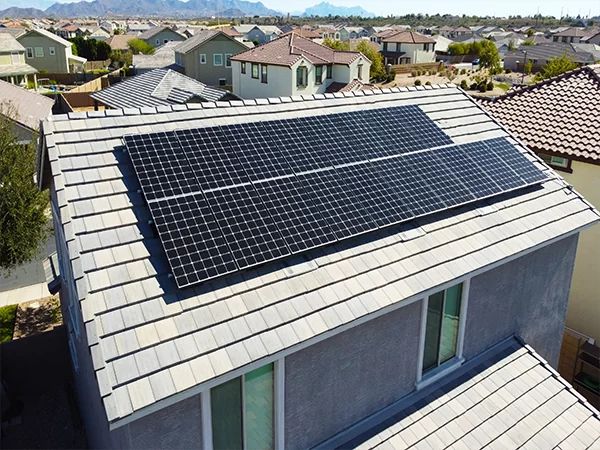Are There Any Solar Rebates In Florida 2023?
Introduction
Florida is one of the sunniest states in the country, making it a prime location for solar power generation. The amount of sunlight Florida receives makes solar panels an attractive option for homeowners and businesses looking to reduce their dependence on fossil fuels and utility companies. As solar technology improves and prices continue to fall, solar adoption rates in Florida have been rapidly increasing over the past decade.
Installing solar panels provides a number of benefits for Florida residents and businesses. Solar energy is a clean, renewable source of electricity that reduces your environmental impact. With solar panels, you can generate your own electricity during the day to power your home or business and reduce your electric bills. Any excess electricity produced can be sold back to the grid. Solar panels can also increase the value of your property. As energy costs rise, having solar panels can make your home or business more attractive to potential buyers.
With Florida’s abundant sunlight, supportive public policies, and falling solar costs, now is a great time for homeowners and business owners to consider going solar. This guide will provide an overview of solar incentives, estimated savings, and the process for installing solar panels in Florida.
Solar Panel Costs in Florida
The average cost to install solar panels in Florida ranges from $15,000 – $25,000 depending on the size of the system. Smaller 3-5kW residential systems typically cost $15,000-$18,000 while larger 10kW+ commercial projects can cost $20,000-$25,000 or more. The main factors impacting overall solar panel system costs in Florida include:
- System size – Larger solar arrays with higher energy outputs cost more.
- Type of panels – High efficiency monocrystalline panels cost more than standard panels.
- Equipment needs – Additional mounts, wiring, switches etc. can add costs.
- Location and roof type – Complex installations cost more.
- Permitting fees – Most counties charge permit fees based on system size.
- Sales tax – Most solar equipment purchases in FL are taxable.
- Labor – Installation costs can vary across the state.
Getting multiple quotes from local installers is recommended, as pricing can vary significantly. Economies of scale allow larger commercial systems to be more cost-effective per watt than small residential installs. For homeowners, installer reputation and quality should be prioritized over just lowest upfront pricing.
Federal Solar Incentives
The federal government has offered solar tax credits for over a decade to encourage adoption of solar energy. The federal solar Investment Tax Credit (ITC) currently allows homeowners to deduct 26% of the cost of installing a solar energy system from their federal taxes. For commercial and utility-scale installations, the ITC is 22% currently.
The ITC amount has declined over the last few years – it was 30% for residential systems and 26% for commercial before 2020. Now it is scheduled to step down again – after 2023, the residential credit will drop to 22% while the commercial credit goes away entirely.
So 2023 represents one of the last years to get the full 26% federal tax credit before it drops in 2024. Anyone installing solar next year would still receive the current 26% credit when they file taxes in 2024.
State Solar Incentives
Florida offers a few state-level solar incentives that homeowners can take advantage of when installing a solar energy system. The main solar incentives in Florida are:
Solar Rebate Program: This program offers rebates for solar PV and solar thermal systems installed on homes and businesses. For solar PV systems, rebates up to $20,000 are available for systems up to 2 megawatts in capacity. The program receives funding from utilities and state government.
Property Tax Exemption: Florida offers a property tax exemption for renewable energy systems, including solar. This allows homeowners to exempt the added value of a solar system from their property value for tax purposes.
Solar Equipment Sales Tax Exemption: Purchases of solar energy equipment for residential use are exempt from the state’s sales tax. This helps offset the upfront cost of a solar PV system.
Net Metering: Florida has mandatory net metering rules, which allow solar customers to get credit for excess electricity sent back to the grid. This makes it more valuable for homeowners to install solar since they get paid retail rates for excess generation.
Utility Solar Rebates in Florida
Florida’s major utility providers offer various solar incentives and rebates to encourage homeowners to go solar. The main utility providers in Florida include Florida Power & Light (FPL), Duke Energy, Tampa Electric Company (TECO), and some municipally owned utilities.
FPL provides solar rebates through its SolarTogether program, which allows customers to subscribe to a portion of a larger shared solar facility. Depending on the subscription amount, customers can receive a monthly bill credit. FPL also has a solar rebate program for low-income households and net metering for solar customers.
Duke Energy offers rebates for residential solar installations as well as community solar and net metering programs. The amount of Duke’s solar rebates depends on the system size. Tampa Electric Company (TECO) provides solar rebates to customers who install a new solar system.
To qualify for utility solar rebates in Florida, homeowners must generally install the solar system at their primary residence located within the utility provider’s service area. The solar system must be installed by a licensed contractor and meet all codes and standards. The homeowner must submit a rebate application to their utility provider after installation.

Solar Loans and Financing
There are a few different financing options to consider when going solar in Florida:
Solar Loans
Solar loans allow you to borrow money to pay for the upfront cost of your solar panel system. You then repay the loan over time through monthly payments. Interest rates and terms vary, but solar loans typically have interest rates around 3-8% for 10-20 year loan terms.
The benefits of a solar loan are that you own the system, can claim tax credits, and will own cheaper electricity after the loan is paid off. The drawbacks are that you have to qualify for the loan and make monthly payments.
Solar Power Purchase Agreements (PPAs)
With a PPA, a solar company installs and owns the system on your property for free or for a small upfront payment. You then make monthly payments to the solar company for the power produced, typically at a lower rate than your utility’s electricity.
PPAs allow you to go solar for $0 down and lower monthly payments. But the solar company owns the system. You won’t get tax credits or rebates and your payments may increase over time.
Solar Leases
Like a PPA, a solar lease allows $0 down solar with lower monthly payments to a solar provider that owns the system. You pay a fixed monthly lease payment that is typically lower than your current utility bill.
Benefits are similar to PPAs – less upfront costs and potentially immediate savings. Drawbacks are you don’t own the system and won’t get credits or rebates. Lease terms are usually 20-25 years.
Estimated Savings
Going solar in Florida can lead to significant long-term savings for homeowners. The exact savings will depend on several factors:
System Size – The larger the solar system, the greater the potential savings. A typical 5kW system in Florida can produce around 650 kWh of electricity per month.
Electricity Rates – Current utility electricity rates will impact savings. The average rate in Florida is around 12-15 cents per kWh.
Electricity Usage – How much electricity the home uses each month will determine potential savings. High-use homes have greater savings opportunities.
Net Metering Policy – Florida requires net metering, which allows excess solar production to be sent back to the grid for credit. This maximizes savings.
The typical payback period for solar panels in Florida is around 6-8 years. After this period, the system produces free electricity for the remainder of its 25+ year lifespan. With incentives, homeowners can achieve payback even faster.
Over 20-30 years, a Florida solar system can provide a return on investment of 10-15% – much greater than typical stock market returns. This makes solar an excellent long-term investment for homeowners.
Finding an Installer
With the recent growth in solar, there are many new installation companies to choose from. It’s important to find a reputable, experienced solar installer to ensure your system is designed, permitted, and installed correctly. Here are some tips for selecting a qualified local installer:
Ask family and friends for referrals. Word-of-mouth is a great way to find installers with proven experience and satisfied customers in your area.
Check reviews on sites like SolarReviews and social media. Look for installers with consistently positive feedback over many projects.
Verify licenses and certifications. NABCEP certification is the gold standard for solar installers. Only consider licensed electrical and roofing contractors.
Get multiple quotes. Compare bid prices, projected output, equipment packages and warranties side-by-side.
Ask the following questions:
- How long have you been in business?
- How many systems have you installed locally?
- What is your approach for system design and sizing?
- What types of equipment do you use and why?
- Do you pull required permits and handle utility interconnection paperwork?
- What are the warranties and guarantees provided?
- Who will provide service after installation?
Taking the time to do your due diligence will pay off with a smooth, headache-free solar installation!
Going Solar in 2023
With the rising cost of electricity from utilities, going solar in 2023 can be a smart financial decision for many Florida homeowners. Based on current incentives, a typical 5kW solar system installed in Florida in 2023 is projected to receive around $5,000 in total rebates.
At the federal level, the solar Investment Tax Credit (ITC) will remain at 22% for systems installed in 2023. There are proposals to extend the ITC at 30% for several more years, which would further improve solar economics if passed. However, the political landscape makes the future of the ITC uncertain beyond 2023.
For state-level incentives, Florida does not currently offer strong solar rebates or renewable energy incentives. The main incentive is a property tax exemption that avoids increased property tax assessments for installing solar. Some utilities like FPL and Duke Energy FL continue to offer small solar rebates, but these are limited.
Overall, the economics of going solar in Florida will continue to be driven by the federal ITC in 2023. With typical 5-year payback periods, going solar can still be a good investment. Falling solar costs, rising utility rates, and financing options like solar loans also improve the value proposition. Homeowners considering solar should get quotes now to take advantage of the 22% ITC before it potentially expires.
Conclusion
In summary, Florida homeowners looking to go solar have several rebate and incentive options in 2023. The federal solar tax credit provides a 26% tax credit for systems installed through the end of 2022, and 22% for systems installed in 2023. Florida also offers a statewide solar rebate through the Florida Solar Energy System Incentives Program. Additionally, many utilities in Florida offer solar rebates to their customers. There are also solar loan and financing options available to help make solar more affordable.
Solar is expected to continue growing rapidly in Florida, with over 5GW of solar installed already. Key takeaways for homeowners considering solar is that costs continue to decline while incentives are still available. By locking in solar costs now, you can likely achieve significant long term savings on electric bills. Working with a qualified local installer can help ensure you find the right system and incentives for your home.






